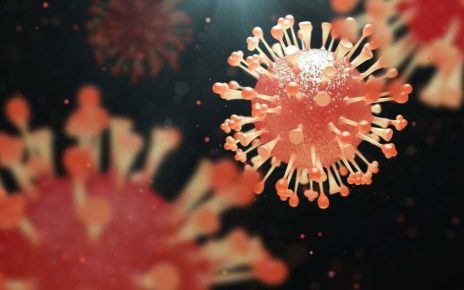Men with high testosterone are more likely to CHEAT: Experts find increased rates of infidelity among those with the greatest levels of the hormone
- The scientists at Zurich University surveyed 224 healthy middle-aged men
- The participants had all been in steady relationships for 20 years or more
- Those with lower levels were less inclined to have a fling, the experts found
Men with high testosterone are much more likely to cheat on their partners, a study shows.
Researchers found increased rates of infidelity among men with the highest levels of the hormone.
Those with lower levels were less inclined to have a fling, according to the team at Zurich University in Switzerland.

Researchers at Zurich University found increased rates of infidelity among men with the highest levels of the hormone
The findings support previous research suggesting the hormone can affect a man’s ability to remain faithful to his partner.
Researchers say the results are significant as testosterone replacement therapy is becoming increasingly popular.
Doctors dish the treatment out for flagging libido and even depression.
Testosterone – produced in the testes – is often referred to as the ‘male’ hormone. However, women do also produce it in much smaller amounts.
The hormone is responsible for men’s deeper voices, hairy chests, libido and muscle mass.

More than a third of the men confessed to cheating on their partners at least once and the majority of these had higher-than-average testosterone levels
WHAT IS TESTOSTERONE?
Testosterone is the male sex hormone and is mostly made in the testicles, but also in adrenal glands, which are near the kidneys.
It causes the voice to deepen, body hair to grow and the genitals to become larger during puberty.
As well as affecting sex drive and sperm production, it also plays a role in developing strong bones and muscles, and how the body distributes fat.
Women also create small amounts of the hormone in the ovaries and adrenal glands, and it affects their fertility and bones and muscles.
Testosterone levels which are too high or too low can cause various problems.
Low testosterone in men can cause erection problems, low sex drive, infertility, weakened muscles and bones, body fat gain and hair loss.
Too much testosterone, however, can trigger puberty in boys under the age of nine, is linked to aggression, and can increase the risk of prostate problems, including cancer.
Male testosterone levels tend to be highest when he is around 20 years old, and decline naturally with age.
Higher levels in men have previously been linked with risk-taking behaviour, as well as increased attraction to the opposite sex.
The scientists surveyed 224 healthy middle-aged men who had been in steady relationships for 20 years or more.
They quizzed them on the frequency of their unfaithful behaviour and took saliva samples to measure testosterone levels.
More than a third of the men confessed to cheating on their partners at least once and the majority of these had higher-than-average testosterone levels.
Researchers said they found a ‘robust’ relationship between the hormone and men’s infidelity.
It may also explain why men are so much more likely to cheat than women, the team wrote in the journal Biological Psychiatry.
In a report on the findings, they said: ‘Higher levels of testosterone are related to mating-behaviour, sexual desire and infidelity.
‘Men have, on average, six times as much testosterone than women and show considerably higher rates of unfaithful behaviour.
‘They tend to seek more frequent sexual encounters due to the evolutionary reproductive benefits of having multiple sexual partners.
‘But research also suggests men with high testosterone levels are perceived as more attractive by women in terms of short-term partners.’
They added: ‘Higher testosterone levels are a potential risk factor for unfaithful behaviour.
‘This is especially important considering testosterone supplementation in men has received substantial attention for treating sexual dysfunction or depression.’
Source: Read Full Article



